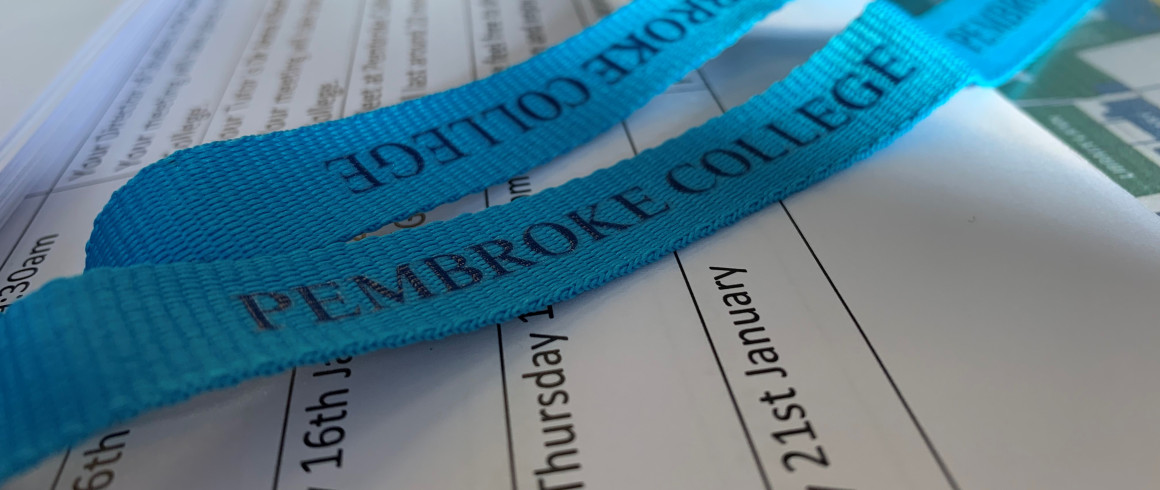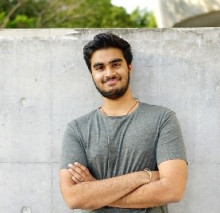Online Summer Research Programme 2021
Project Profile: A Bayesian Statistical Method for Vocals and Drone Insolation in Carnatic Music
Kausthubh Chandramouli from the Hong Kong Polytechnic University took part in the Online Summer Research Programme last year. He worked closely with his supervisor, Professor Simon Godsill, to produce his impressive project “A Bayesian Statistical Method for Vocals and Drone Insolation in Carnatic Music”.
He kindly shared his experience of the programme with us:
Hi, I'm Kausthubh! My project deals with applying Statistical Signal Processing techniques to musical audio. While this is an active area of research in Western classical music, I am now trying to apply similar tools and techniques to Carnatic music, which is a form of Indian classical music. In Carnatic music, a string instrument called the tambura is played throughout the performance to maintain a base pitch or tonic, which we call shruti. The lead performer chooses the shruti, and all the other performers on stage sing/play based on the chosen shruti, making shruti/tonic identification a key task in the computational analysis of Carnatic music.
I have attempted to use Bayesian techniques to create a tambura estimator model that can isolate the tambura and vocal signals from a given recording. By analysing the input signal in the frequency domain, and constructing a Bayesian model for the tambura signal, I was able to estimate the tambura signal accurately, and isolate it from the vocal signal. I was also able to create a similar model for the residual vocal signal, allowing me to analyse the vocals independently. I hope to develop on this work and eventually create an automatic note transcription software that can identify and transcribe notes in real time!
I entered the programme hoping to dive into a new area of research that brings together my love for mathematics, computing, and Carnatic music, and I was certainly not disappointed. I thoroughly enjoyed the Cambridge supervision style, with significant one-on-one time with an experienced academic, and I'm very grateful to have had the opportunity to work with a professor who is amongst the world’s leading researchers in the field. The intense pace of the programme forced me to push myself, and I discovered how much one can le
arn in an environment tailor-made for academic pursuits. The programme wasn't all work and no play however, with some engaging social events that brought together all of us students, such as a game night, a talent show, and so on. The programme has been an incredible experience overall, and I'm grateful to have been a part of it.
Look out for more project profiles in the coming weeks.
More information about the Online Summer Research Programme can be found on the website or by sending an email to osrp@pem.cam.ac.uk.

